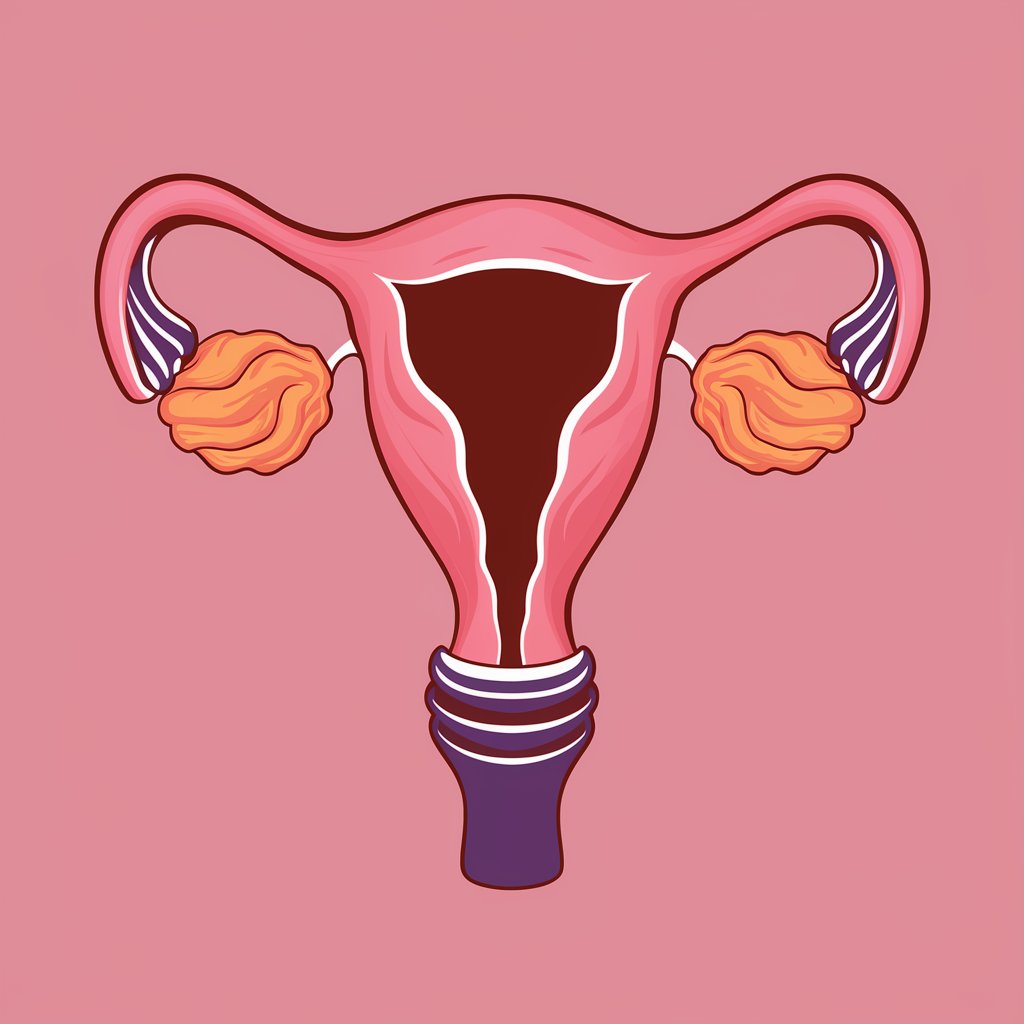Polycystic ovary syndrome (PCOS) is a common hormonal disorder affecting millions of women worldwide, characterized by a combination of symptoms that can significantly impact reproductive health and overall well-being. In this comprehensive guide, we’ll delve into the intricacies of PCOS, exploring its causes, symptoms, and available treatment options to empower individuals with the knowledge needed to manage this condition effectively.
Understanding Polycystic Ovary Syndrome (PCOS)
Polycystic ovary syndrome (PCOS) is a complex endocrine disorder characterized by hormonal imbalances, irregular menstrual cycles, and the presence of cysts on the ovaries. While the exact cause of PCOS remains unclear, it is believed to involve a combination of genetic, environmental, and lifestyle factors. Women with PCOS often exhibit elevated levels of androgens (male hormones) such as testosterone, insulin resistance, and disrupted ovulation, leading to a range of symptoms affecting reproductive, metabolic, and dermatological health.
Common Symptoms of PCOS
The symptoms of PCOS can vary widely among individuals and may include irregular menstrual periods, prolonged menstrual cycles, or absence of menstruation (amenorrhea). Other common symptoms of PCOS include excessive hair growth (hirsutism) on the face, chest, and back, acne, weight gain or difficulty losing weight, and hair loss or thinning on the scalp (alopecia). Women with PCOS may also experience fertility problems, recurrent miscarriages, and long-term health complications such as type 2 diabetes, cardiovascular disease, and endometrial cancer.
Diagnosis and Evaluation
Diagnosing PCOS can be challenging due to the heterogeneity of its symptoms and the absence of a single definitive test. Healthcare providers typically rely on a combination of medical history, physical examination, and laboratory tests to assess hormone levels, ovarian function, and metabolic parameters. Diagnostic criteria for PCOS include the presence of irregular menstrual cycles, clinical or biochemical signs of hyperandrogenism, and the exclusion of other conditions that mimic PCOS.
Treatment Approaches
The management of PCOS aims to alleviate symptoms, improve reproductive health, and reduce the risk of long-term complications. Treatment strategies for PCOS are individualized based on the specific needs and goals of each patient and may include lifestyle modifications, medications, and fertility treatments. Lifestyle interventions such as dietary changes, regular exercise, and weight management are often recommended to improve insulin sensitivity, regulate menstrual cycles, and promote overall health.
Medications for Symptom Management
Medications may be prescribed to address specific symptoms associated with PCOS. Oral contraceptives (birth control pills) are commonly used to regulate menstrual cycles, reduce androgen levels, and improve acne and hirsutism. Anti-androgen medications such as spironolactone may be prescribed to block the effects of androgens and reduce symptoms of hirsutism and acne. Metformin, a medication used to treat type 2 diabetes, may be prescribed to improve insulin sensitivity and regulate menstrual cycles in women with PCOS.
Fertility Treatments
For women with PCOS who are experiencing infertility or difficulty conceiving, fertility treatments may be recommended to assist with ovulation induction and improve the chances of pregnancy. Ovulation induction medications such as clomiphene citrate or letrozole may be prescribed to stimulate ovulation and enhance fertility. In cases of refractory infertility, assisted reproductive technologies (ART) such as in vitro fertilization (IVF) or intrauterine insemination (IUI) may be considered to achieve pregnancy.
Lifestyle Management and Support
In addition to medical interventions, lifestyle management and support are essential components of PCOS management. Adopting a healthy lifestyle that includes balanced nutrition, regular physical activity, stress management, and adequate sleep can help improve symptoms, enhance overall well-being, and reduce the risk of long-term complications associated with PCOS. Support groups, online forums, and educational resources can also provide valuable support, guidance, and encouragement for individuals living with PCOS.
Polycystic ovary syndrome (PCOS) is a complex hormonal disorder that can have profound effects on reproductive health, metabolic health, and overall quality of life. By understanding the causes, symptoms, and treatment options for PCOS, individuals can take proactive steps to manage their condition effectively and optimize their health outcomes. With a multidisciplinary approach that encompasses medical management, lifestyle modifications, and ongoing support, individuals with PCOS can lead fulfilling lives and achieve their reproductive goals.

